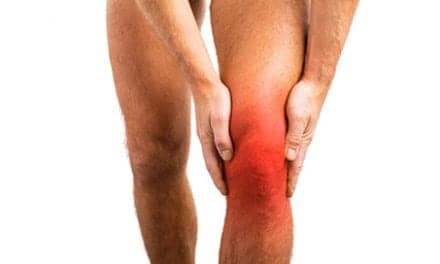A University of Maryland study suggests that in older adults, exercise may help increase the thickness of their brain’s cortex and counteract atrophy.
These results were found in both healthy older adults and those diagnosed with mild cognitive impairment (MCI), an early stage of Alzheimer’s disease, according to a media release from the University of Maryland.
The study, from the University of Maryland School of Health, included previously inactive participants (ages 61 to 88). They were put on an exercise regimen that included moderate-intensity walking on a treadmill four times a week over a 12-week period. On average, cardiorespiratory fitness improved by about 8% as a result of the training in both the healthy and MCI participants, per the release.
Dr J. Carson Smith, associate professor of kinesiology and senior author of the study, and colleagues found that the study participants who showed the greatest improvements in fitness had the most growth in the cortical layer, including both the group diagnosed with MCI and the healthy elders. While both groups showed strong associations between increased fitness and increased cortical thickness after the intervention, the MCI participants showed greater improvements compared to healthy group in the left insula and superior temporal gyrus, two brain regions that have been shown to exhibit accelerated neurodegeneration in Alzheimer’s disease, the release explains.
“Many people think it is too late to intervene with exercise once a person shows symptoms of memory loss, but our data suggest that exercise may have a benefit in this early stage of cognitive decline,” Smith says in the release.
The study was published recently in the Journal of the International Neuropsychological Society.
Source(s): University of Maryland, EurekAlert]





